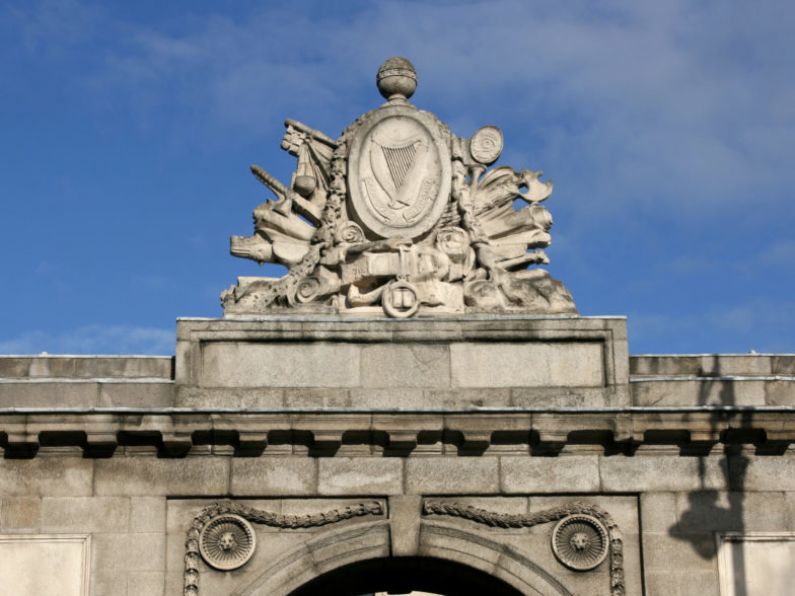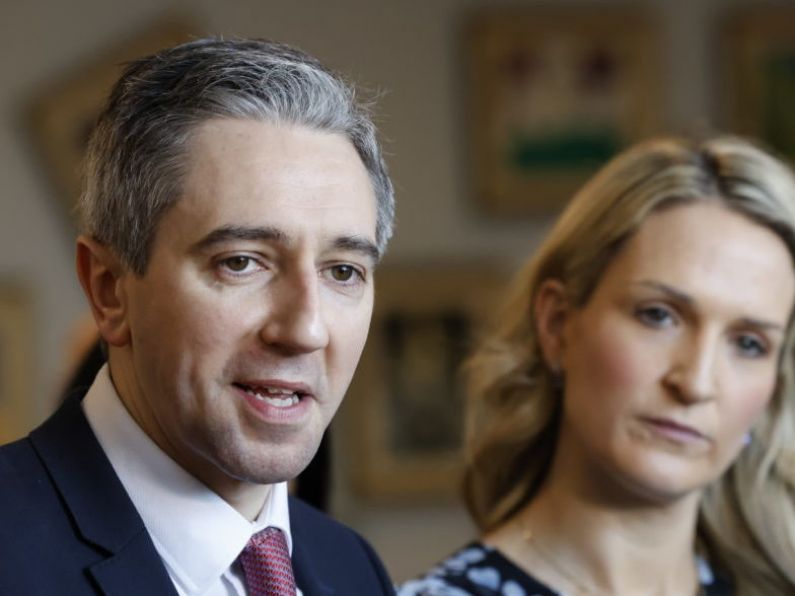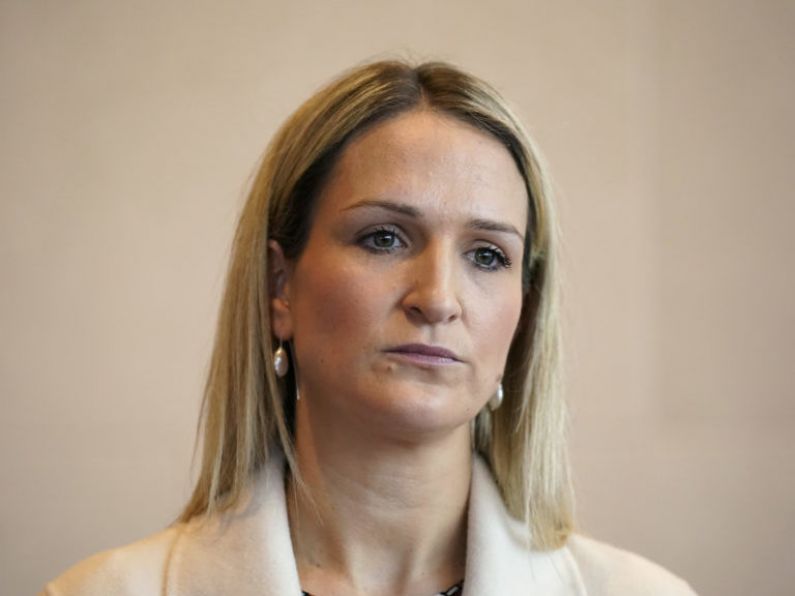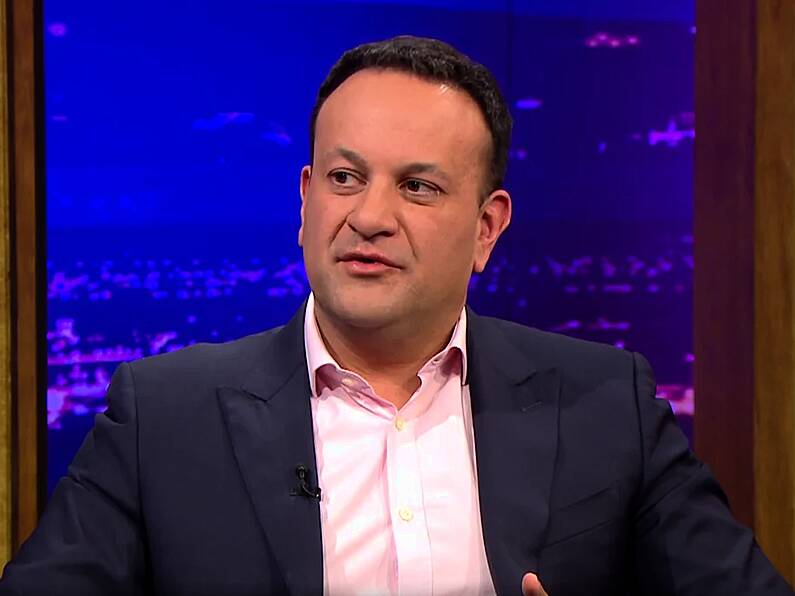High Court Reporters
A Tipperary man who went all the way to the Supreme Court over his exclusion from the widower’s contributory pension because he never married his late long-term partner has won his case.
The Supreme Court ruled that John O’Meara from Nenagh, Co Tipperary ’s is entitled to the pension and it unanimously granted an order quashing the 2021 decision to deny him the pension.
The Court found that s. 124 of the Social Welfare Consolidation Act, 2005 is invalid having regard to the provisions of Article 40.1 of the Constitution.
The Court concluded, unanimously, that the provisions of s. 124 of the Social Welfare Consolidation Act Act 2005 as amended by s. 17(4) of the Social Welfare and Pensions Act, 2010 are invalid having regard to the provisions of Article 40.1 of them Constitution insofar as it does not extend to Mr O'Meara as a parent of his three children who also brought the appeal.
John O’Meara and his three children, Aoife, Jack and Thomas had challenged a High Court decision upholding the refusal by the Minister for Social Protection to grant the pension following the death of Michelle Batey, who was Mr O'Meara's partner of about 20 years and the children’s mother.
The hearing of their appeal was before a a seven-judge Supreme Court which ended in October last year.
Mr O’Meara, an agricultural contractor, and Ms Batey eventually planned to marry, but she fell into a coma and died in January 2021 after contracting Covid-19 when she was recovering from breast cancer, the court heard.
Mr O’Meara’s’ senior counsel, Derek Shortall had submitted that the High Court was wrong to conclude the Widower’s (Contributory) Pension is designed only to provide for the needs of a surviving spouse.
The benefit, said Mr Shortall, has more than one purpose and is “clearly” meant to provide for children, as it increases per additional dependant child. Seemingly one of only two benefits requiring marriage, this social welfare payment “appears to be an outlier” in having the effect of excluding children, he added.
There is no difference between a marital and non-marital family in this context because Mr O’Meara has “essentially the same obligations” to his children as a widower would have.
“The blanket exclusion of this parent, these children, this family is essentially based on prejudice and stereotype,” he said.
Opposing the claims on behalf of the State, Attorney General Rossa Fanning began his submissions by acknowledging the very sad loss of Ms Batey, which has given rise to the constitutional challenge.
Ultimately, he said, the case before the court is a narrow one: “Is the Oireachtas entitled, as a matter of policy choice, to provide a social welfare benefit to surviving spouses of a marriage that it does not provide to surviving cohabitees?”
In the case of the widower’s pension, he said, the sharp distinction is “entirely consistent” with the Consitution, particularly considering article 41.3, which “commits the State to guard with special care the institution of Marriage, on which the Family is founded, and to protect it against attack”.






